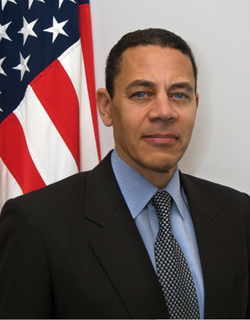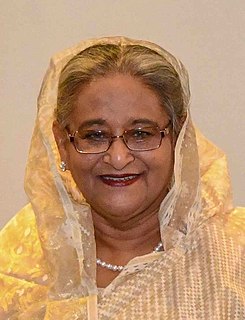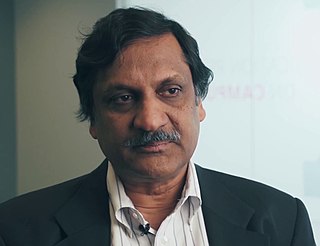A Quote by Ben Rhodes
All over the world, independent and strong civil society - NGOs, faith leaders, and other community advocates - help governments solve problems and better serve their people better by shining a light on the issues that matter most - like education standards, access to healthcare, the rule of law, and economic opportunity.
Related Quotes
Being in a field like healthcare, for me, as someone who is basically on a mission to make a global impact in terms of affordable access to healthcare, I am very, very concerned about the fact that there are a large number of people in this world who need to have some access to basic rights, whether it is in education or healthcare.
Today in America many people are living in a virtual world. They enter it through an internet access device and they navigate freely around it, and those people who learn how to navigate better in that space are finding that they have better access to information about jobs and education and all the good things that our society produces.
We are so fortunate that our work in connecting the world through Facebook has given us the ability to give back to our local community, our country and the world -- and to work to improve education, health care and internet access for everyone, to serve our community in San Francisco, we can think of no better place to focus than The General.
Here's the positive scenario: that something has been going wrong in American society. You see it in wage growth, opioid abuse, many other social indicators, as you know. Sometimes it's better to get the bad reaction to that over with quickly while your civil society still is strong and you can react and respond and protest, and you know, four or eight years from now, make another decision, and maybe it's better to have that happen in 2017 than 20 years later when some of our problems are worse and our national mood is worse.
There's no question that the black middle class has benefited greatly by the civil rights movement. But there is a large black underclass that does not have access to jobs. If there's no clear road to income and status except crime, we should expect social problems. You can't solve this problem without addressing the economic issues, and the same is true with gender.
Deanell Tacha and I decided to write an editorial, because both of us have had experiences in countries where the rule of law is not strong. Uh, where there is civil war. Where there is disorder. And, it, it seemed to us important to underscore that this is a treasure, our rule of law, our judiciary independent from politics, and it's in jeopardy.
Faith leaders, young people, American companies, human rights advocates, and many others have demonstrated a unique interest in our Cuba policy. But no community cares more deeply about these issues than Cuban Americans - young and old - who have maintained a profound interest in Cuba and an abiding faith in the Cuban people.
All over the world, social innovation is tackling some of the most pressing problems facing society today - from fair trade, distance learning, hospices, urban farming and waste reduction to restorative justice and zero-carbon housing. But most of these are growing despite, not because of, help from governments.



































